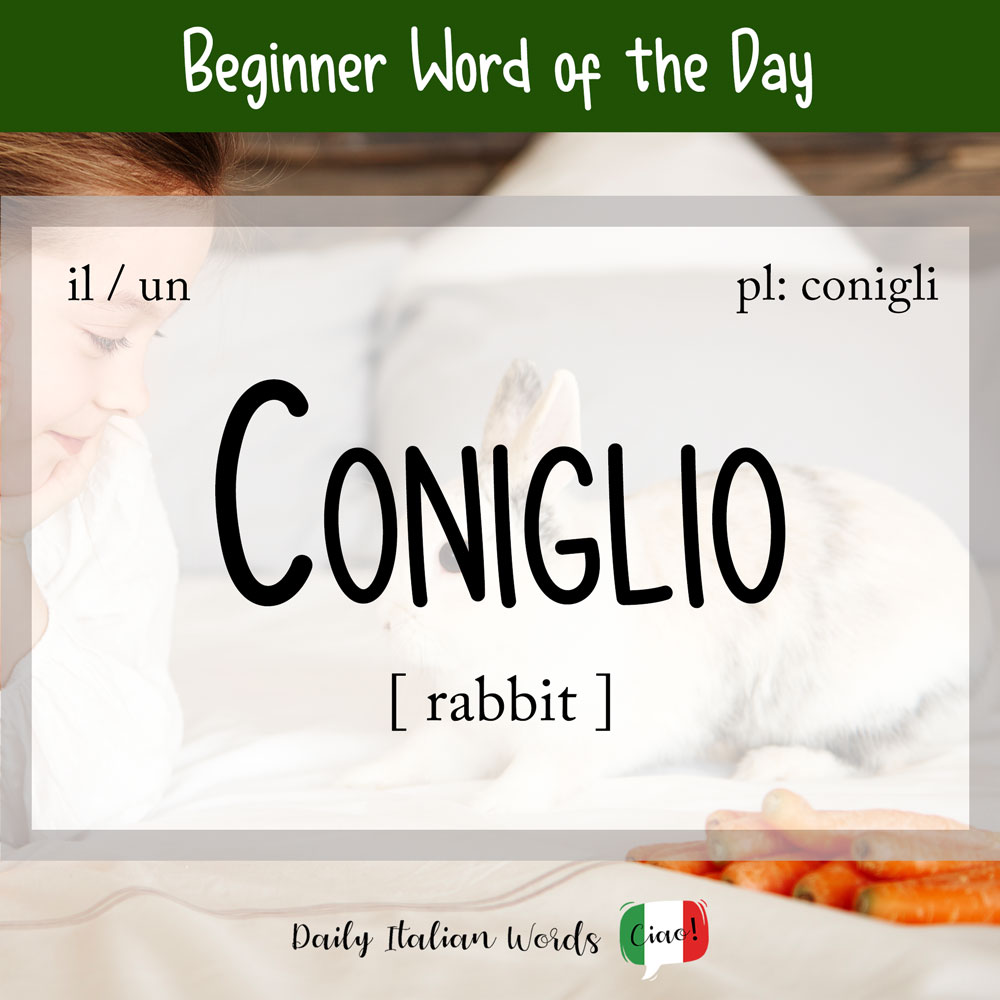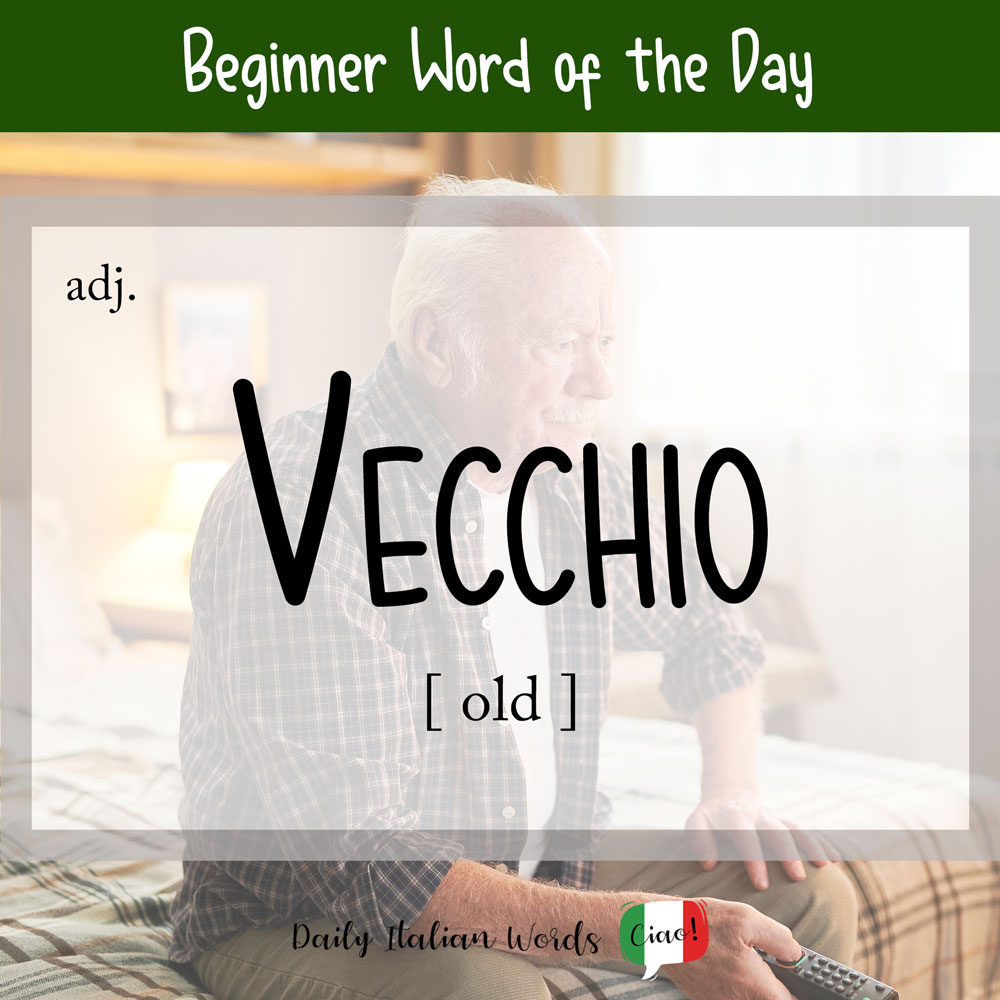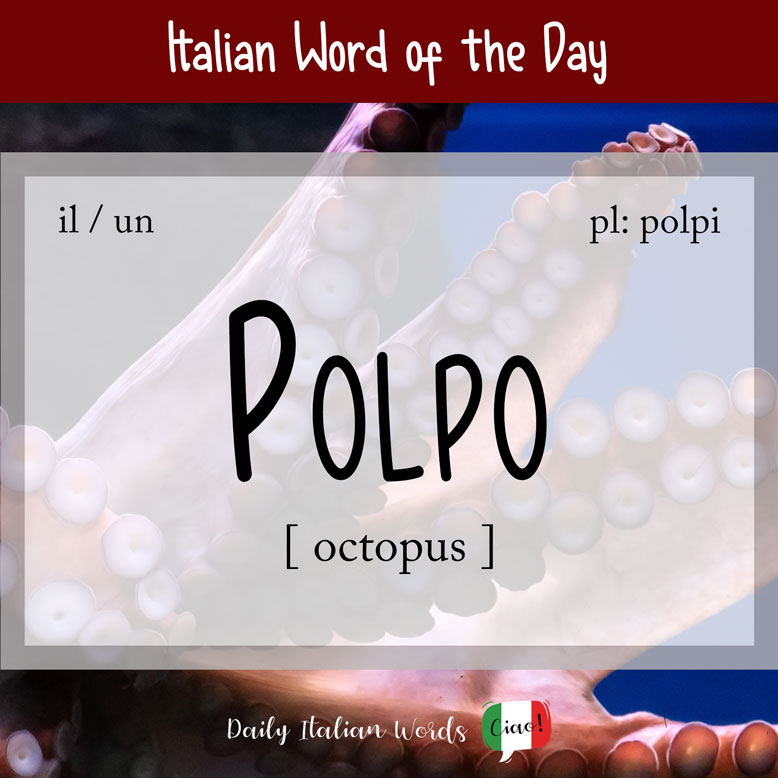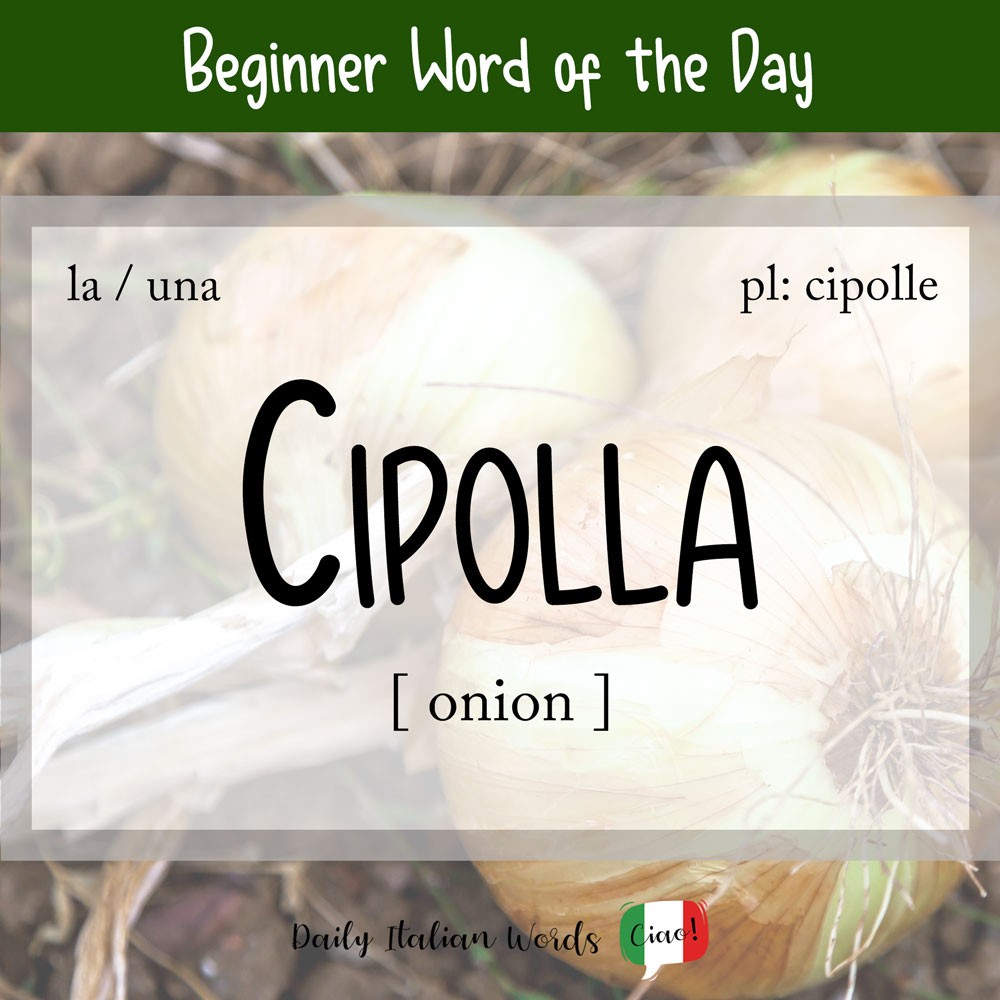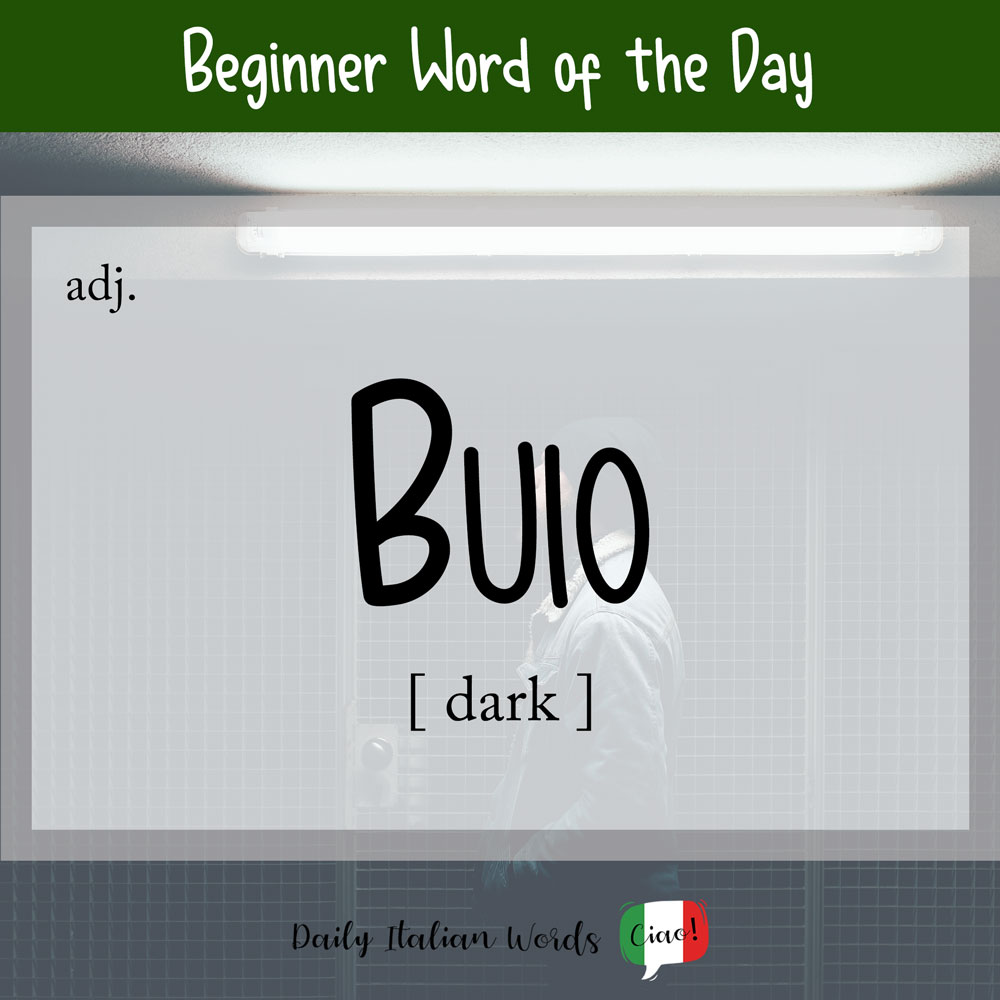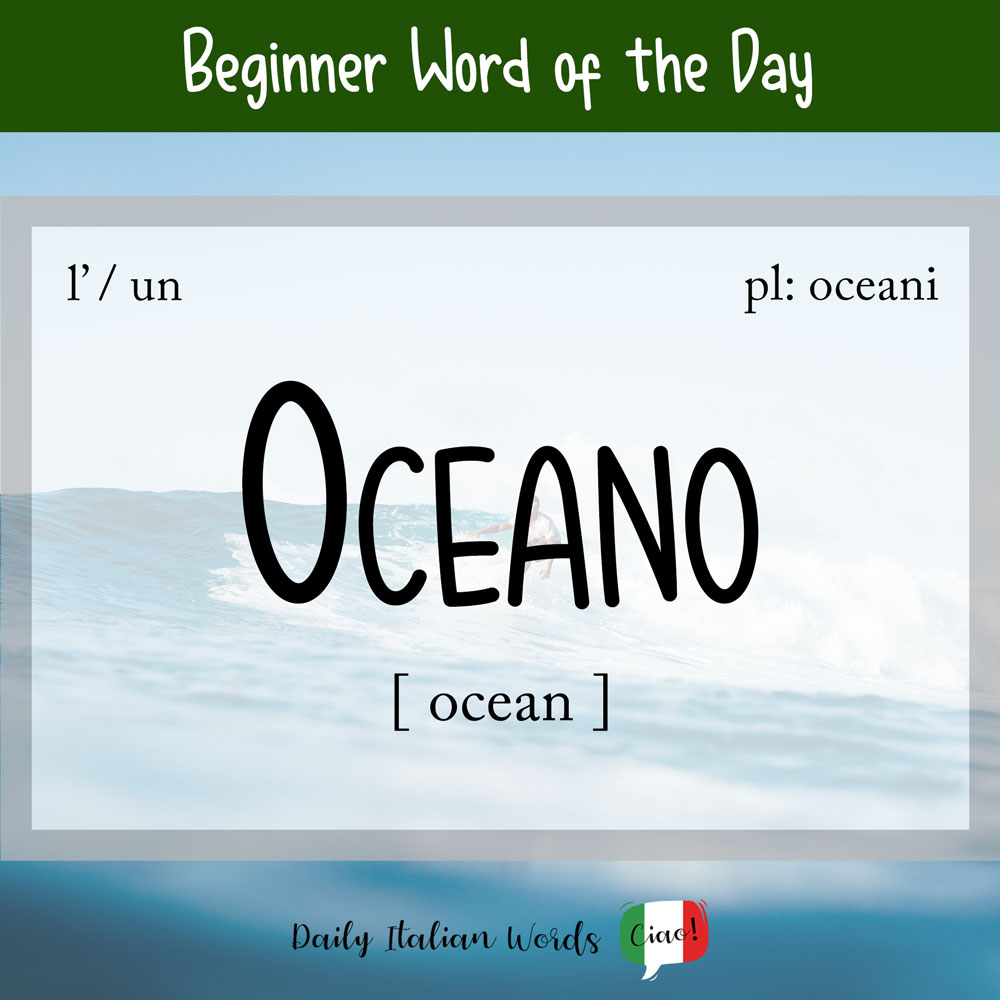Italian Word of the Day: Coniglio (rabbit)
Today’s word of the day is part of our Italian Easter Word series. Each day during the week leading up to Easter, we’ll post a word that is related to this special time of year. Enjoy! 🐰 Coniglio (masculine, plural: conigli), the Italian word for rabbit or bunny, can be quite difficult for English speakers to pronounce …

